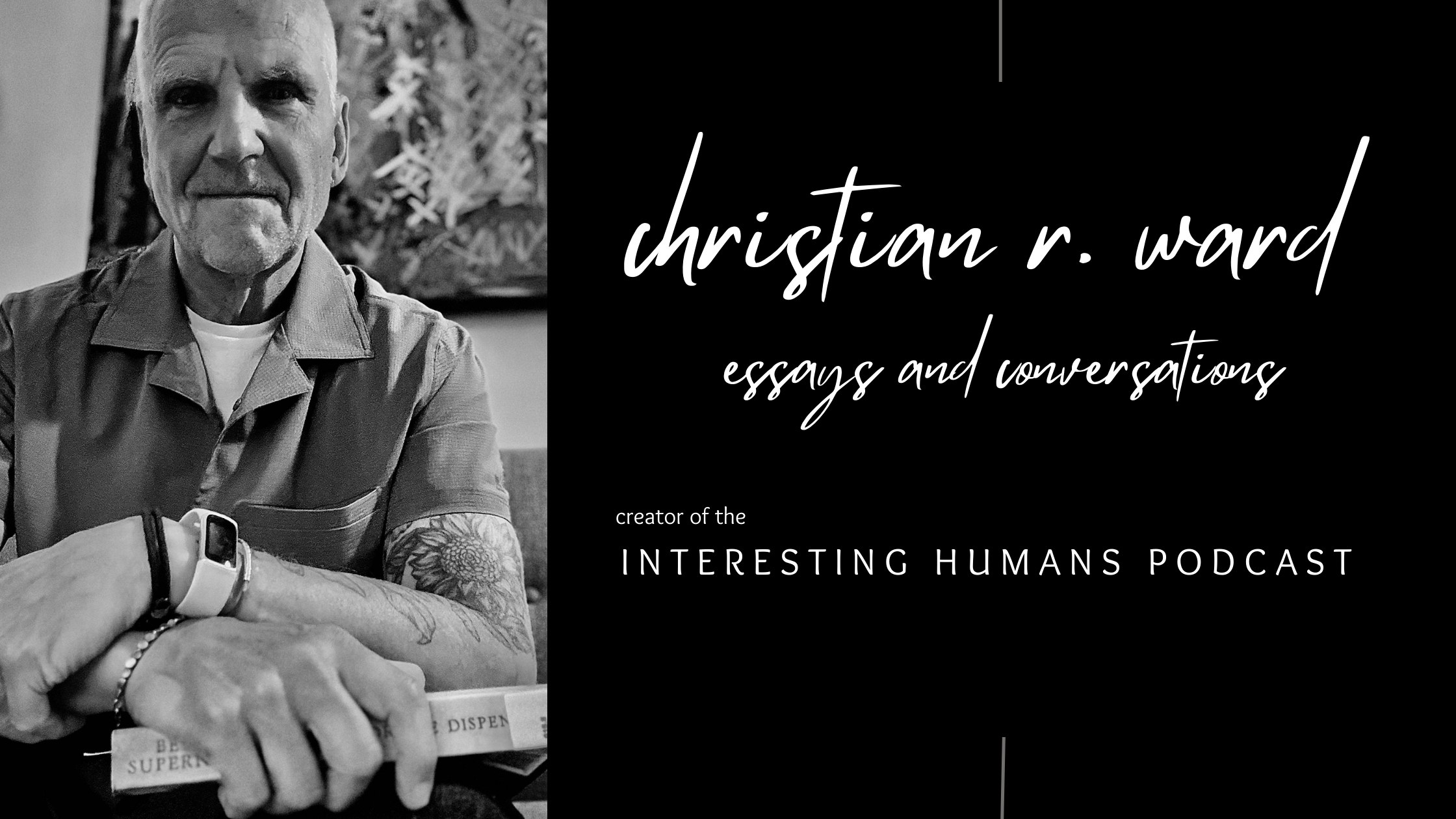Last updated on 8 December 2020
Share this
There is a new oak tree standing in our back yard. It’s about two inches wide at the base and stands around 20 feet tall. Though it is dormant with winter approaching, a few deeply red leaves linger. It is beautiful and honest.
A neighbor who works as a landscaper helped me plant it last week as a tribute to my step-kids’ fallen father. He committed suicide a few days before. My stepdaughter wants to lay his ashes in the dirt and mulch holding the oak, her father’s favorite type. The tree will be a comforting reminder for she and her younger brother.
Wrapped up in the tree will be memories for both children of their dad’s laughter, of making pancakes with him on Saturday mornings, of sitting on the couch and watching Jeopardy on TV and going for hikes in the woods at the park. In the weeks since his sudden death, the kids have recalled happily moments with their dad in the kitchen, where he seemed to be a natural. It was as if the Universe was at peace when he set about manipulating pans and utensils and griddles into their intended use to make meals. Nothing was better for my step-kids than sitting down to eat the pork ribs their father grilled for hours and seasoned perfectly.
The woods and river, any woods or river, also were sanctuaries for their dad.
My step children will be able to “see” their father every time they look at the oak in our backyard. I hope they find some peace as they remember him.
For their Mom, his ex-wife, and me, the oak symbolizes something very different. It is a constant reminder of the man who all but abandoned his children, who rarely called, who put them in harm’s way with his drinking, who perpetuated nothing but anger and who frequently failed to pay support for his kids. His suicide makes us as angry as it does sad. Taking his own life was in the least inconsiderate to the children and at the most cowardly.
“Out beyond ideas of wrongdoing and rightdoing there is a field. I’ll meet you there.” – the 13th Century poet Rumi
What the kids cannot know is that a distinctly different side of their father’s life was internal. We wonder if all the activity, all the cooking, and kayaking and hiking–and drinking–were just to keep the demons inside at bay. He had many. They ultimately were his undoing. My wife and I suspect that somewhere along the arc of his life he experienced an unspeakable hurt. Hurt in a way that was traumatic and grotesque. He buried it so deep in his psyche it could not get out. But it fought back and created the demons that haunted him. The demons that led to his alcoholism and fueled his anger. On the surface he was funny and engaging and intelligent. This was the side of him his kids and most of the people who attended his funeral saw. Inside, he was roiling in a magma of despair, anger, and fear. This is what we saw.
In the end he chose to silence his demons the only way he could. At his memorial service, his best friend and eulogist quoted the 13th-Century Persian poet Rumi: “Out beyond ideas of wrongdoing and right doing, there is a field. I’ll meet you there.”
The kids always hoped they might one day return to their dad’s house and renew the “normal” every other weekend cycling of children of divorced couples between homes. He dashed that hope. Now a new framework of family is necessary. I am more “family” than ever. Even more than when I married their mother less than two months ago. They need to believe that family still exists even with an important piece missing.
Their Mom and I will try to pick up the pieces left by this darkly-saddened man. We will honor their memories of him and keep our truths hidden until one day they, too, want to know the truth.
For those left behind, there are only images as delicate as a leaf on a fall breeze. In the hearts of two young children who suffered their father’s inconsiderate departure, there are floating memories which can no longer be fed. And there is the oak tree.


